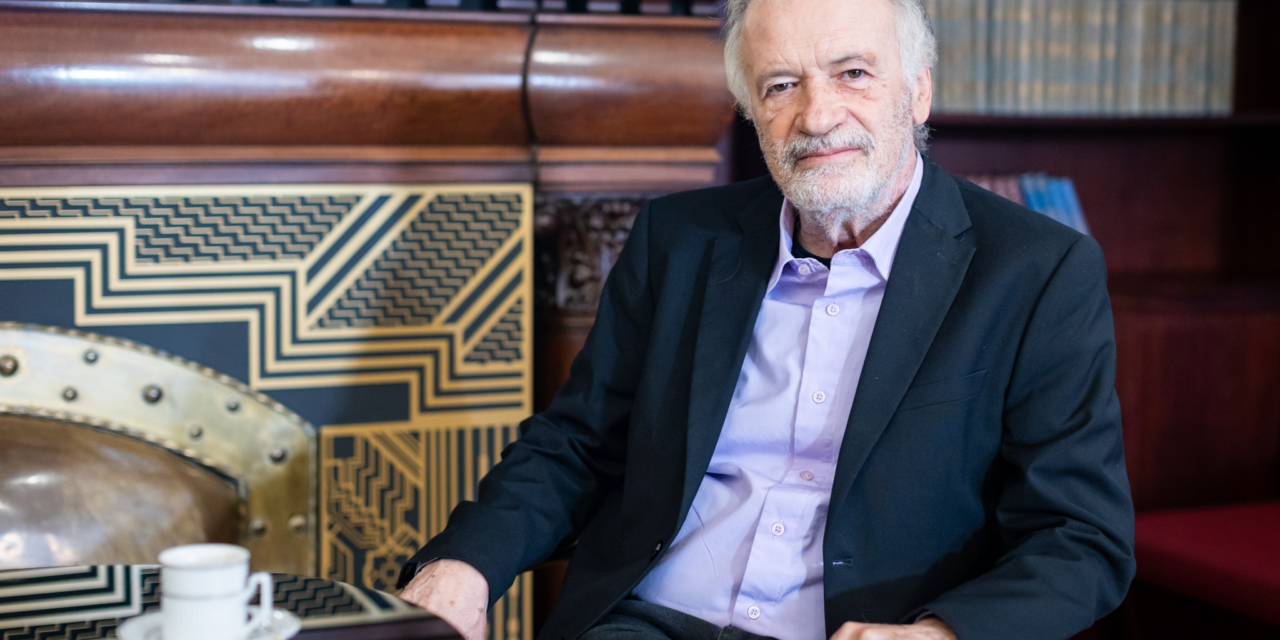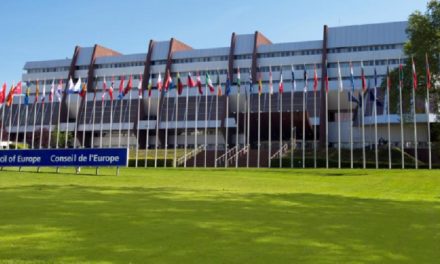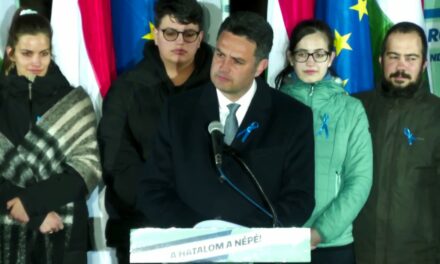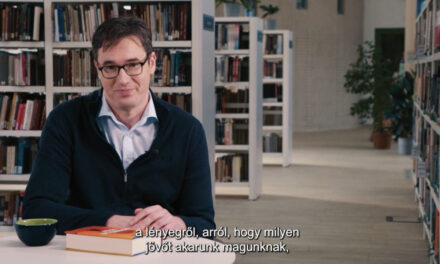Széchenyi Prize-winning historian András Gerő died at the age of seventy, the family told MTI.
According to their information, András Gerő died of a serious illness on Tuesday. His farewell is held in a close family circle. András Gerő was born in Budapest in 1952. From 1972 to 1977, he was a history-sociology student at Eötvös Loránd University's Faculty of Arts, and from 1977 he was a lecturer at ELTE's Faculty of Arts. Between 1981 and 1995, he worked as an associate professor at the Department of Cultural History.
In 1988-89, he went on a study trip to the University of Minnesota, in 1990 in Utrecht, in 1991 in Amsterdam, between 1995-1997 at the University of Pennsylvania, and in 2001 at Columbia University. From 1991, when it was founded, he worked as a teacher at the Central European University until 2020. Between 1993 and 2010, he also held the position of editor-in-chief of the Budapesti Negyed.
In 1994, he was a Fulbright professor at the University of Pennsylvania, in 1995 he received his habilitation, from 1995 to 2017 he was the head of the Department of Economic and Social History at ELTE BTK, and from 2002 he was the director of the Habsburg Historical Institute. From 2013, he participated in the First World War Centenary Project as vice-president of the Scientific Advisory Board.
His main research area was the period of dualism, the era of the Austro-Hungarian Monarchy, bourgeoisification, symbolic politics and the history of Budapest.
He has published more than seventy books, including many in Anglo-Saxon and German-speaking countries. Among his most recent volumes was the work Portraits from the Austro-Hungarian Monarchy, which was published in 2021. Last year, the Foundation for Research in Central and Eastern European History and Society published his book under the title Liberal perspective.
In 1987, he became a candidate of historical sciences, in 2006 he received a doctorate from the Hungarian Academy of Sciences, and in the same year he was able to receive the award for Budapest. He was recognized with the Széchenyi Prize in 2008, and in 2017 he became an honorary knight of the Order of Saint George - the European Order of the House of Habsburg-Lorraine.
Dániel Deák, the XXI. Század Institute's senior analyst said goodbye to him on his social media page:
Source: hiradó.hu












